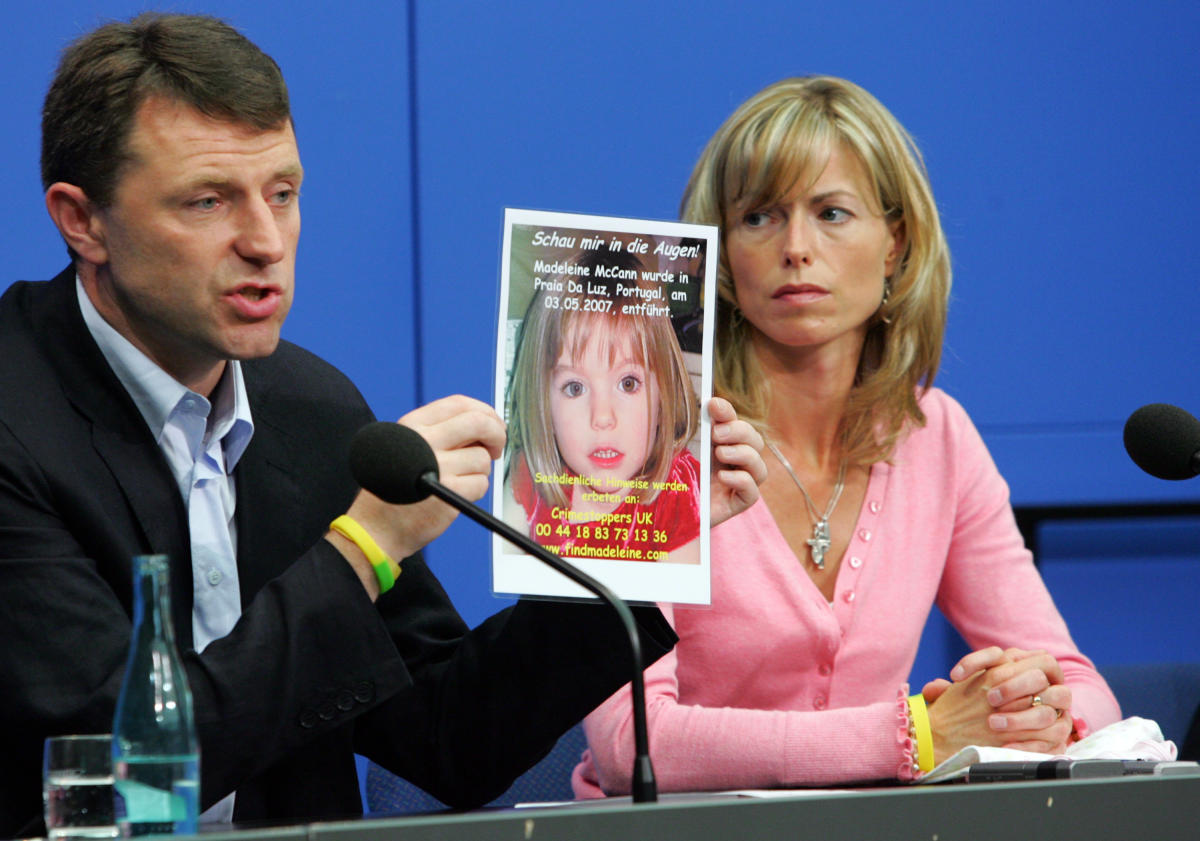May 19—1/2
Swipe or click to see more
GEORGE F. LEE / GLEE@STARADVERTISER.COM
Mona Michael and her daughter, Anna, recently shared their experience being homeless. “I felt scared and guilty,” Michael said. “Thanks to God and Family Promise, I don’t worry about staying in the park. I’m so relieved.”
2/2
Swipe or click to see more
GEORGE F. LEE / GLEE@STARADVERTISER.COM
Mona Michael and her 6-year-old daughter, Anna, received help from Family Promise to get off the street and into an apartment. They had been sleeping on a mat at Ala Moana Beach Park.
Select an option below to continue reading this premium story.
Already a Honolulu Star-Advertiser subscriber? to continue reading.
Get unlimited access
From as low as $12.95 /mo.
The latest census of Oahu’s homeless population showed a 19% increase in homeless families since January 2023, including 635 children who can suffer lifelong consequences.
Family Promise of Hawai’i helped 283 families between January and April, along with 400 or so children.
“It’s more than before,” said Ryan Catalani, executive director for Family Promise of Hawai’i. The nonprofit organization has expanded to include four emergency shelters for families on Oahu, provides assistance finding them permanent housing and now also works with families on Maui who survived last year’s wildfires.
Half of the homeless children the group is helping are 6 years old and younger.
Life on the street for them can affect early brain development and cause “toxic stress in the brain that can literally change their brain architecture,” Catalani said.
Homeless children do less well in school and suffer from other issues that can lead them to become homeless as adults, Catalani said.
Overall, the January Point in Time Count released last week found that Oahu’s overall homeless population to 4,495 people — up from 4,028 in January 2023.
Among those counted were 1,123 “individuals in households with adults and keiki,” comprising 276 households that included 635 children.
The homeless families in the Point in Time Count were found on the street and in homeless shelters.
Homeless families who were not counted are doubling up with family and friends or couch surfing and have no place of their own, Catalani said.
“These experiences are, unfortunately, very common,” Catalani said. “Homelessness is not just what people see on the street. There is this often hidden population. … And the greatest risk is for the youngest children.”
While the number of homeless families increased 19% in just one year, Catalani said the latest surge began in 2020 with the COVID-19 pandemic when people lost jobs as Hawaii’s tourism-reliant economy all but shut down.
Following last week’s release of the latest Point in Time Count report, Mayor Rick Blangiardi said that 24,000 Oahu families were provided with rent and utility assistance that helped them stay housed, preventing them from also becoming homeless.
But many of the families who fell through the cracks continue to end up at Family Promise.
Each day, Family Promise receives “dozens of calls from families” desperate for help getting housing or staying housed, said Lubei Cavin, the organization’s family support coordinator.
“They’re calling us in a moment of crisis,” she said. “But it is fundamentally an economic and housing situation.”
Homeless people — especially the chronically homeless — can suffer from a range of issues, including mental illness, substance abuse and histories of domestic violence.
But high housing costs and low wages are the primary reason working families need housing.
Like Mona Michael, 41, her 6-year-old daughter, Anna, and Michael’s boyfriend, Angky Angkel, 40, whose part-time grocery job left them unable to pay rent on Oahu.
Michael came from Chuuk, lived on Guam and came to Honolulu for medical care with the idea of living with her aunt, cousin and her cousin’s children — and then later, with her boyfriend’s family in Iowa.
But neither extended living situation worked out, and they returned to Oahu in February, in part because of higher wages.
Quickly they discovered that “we had no place to stay,” Michael said.
Instead, they slept on a mat at Ala Moana Beach Park with nothing over their heads.
They called 211 and were connected to Family Promise through Aloha United Way.
Case managers took them off the street and into a furnished emergency student apartment in Nuuanu, where they’re living rent-free while on a wait list for an affordable, permanent apartment.
Angkel has since gotten full-time work, while case managers help with issues such as financial literacy to keep the family housed.
Anna remembers living in Ala Moana Park while her mother wants to keep the memories in her daughter’s past.
“I felt scared and guilty,” Michael said. “Thanks to God and Family Promise, I don’t worry about staying in the park. I’m so relieved.”
Most Family Promise clients are Native Hawaiian and Pacific Islander like Michael.
People from the Federated States of Micronesia are entitled to U.S. health care through the Compacts of Free Association but are often stigmatized, especially if they end up homeless, said Cavin, who’s from Palau.
“There’s a language barrier, a different economic situation,” Cavin said. “It’s like a complete culture shock.”
But like generations of immigrants, Catalani said Micronesians who come to Hawaii “want a good life for their families. Everybody has the same goal.”
If it doesn’t work out and they become homeless, Catalani hopes that critics appreciate the homeless families who seek help to get off the street.
“If you look for something bad in people,” he said, “you’re always going to find it.”
Michael initially was reluctant to share her experience of being homeless with the Honolulu Star-Advertiser but ultimately decided that, “I hope my story helps people. They have to ask for help.”
—
To help
To volunteer or donate to Family Promise of Hawai’i, visit familypromisehawaii.org or call 808-300-0560.
—
By the numbers
>> 647: Homeless children on Oahu counted in January
>> 635: Homeless children who were in families
>> 12: Homeless minors who were “unaccompanied”
>> 558: Homeless children on Oahu counted in January 2023
>> 545: Homeless children on Oahu counted in January 2022
Source: Partners in Care
Signup bonus from



